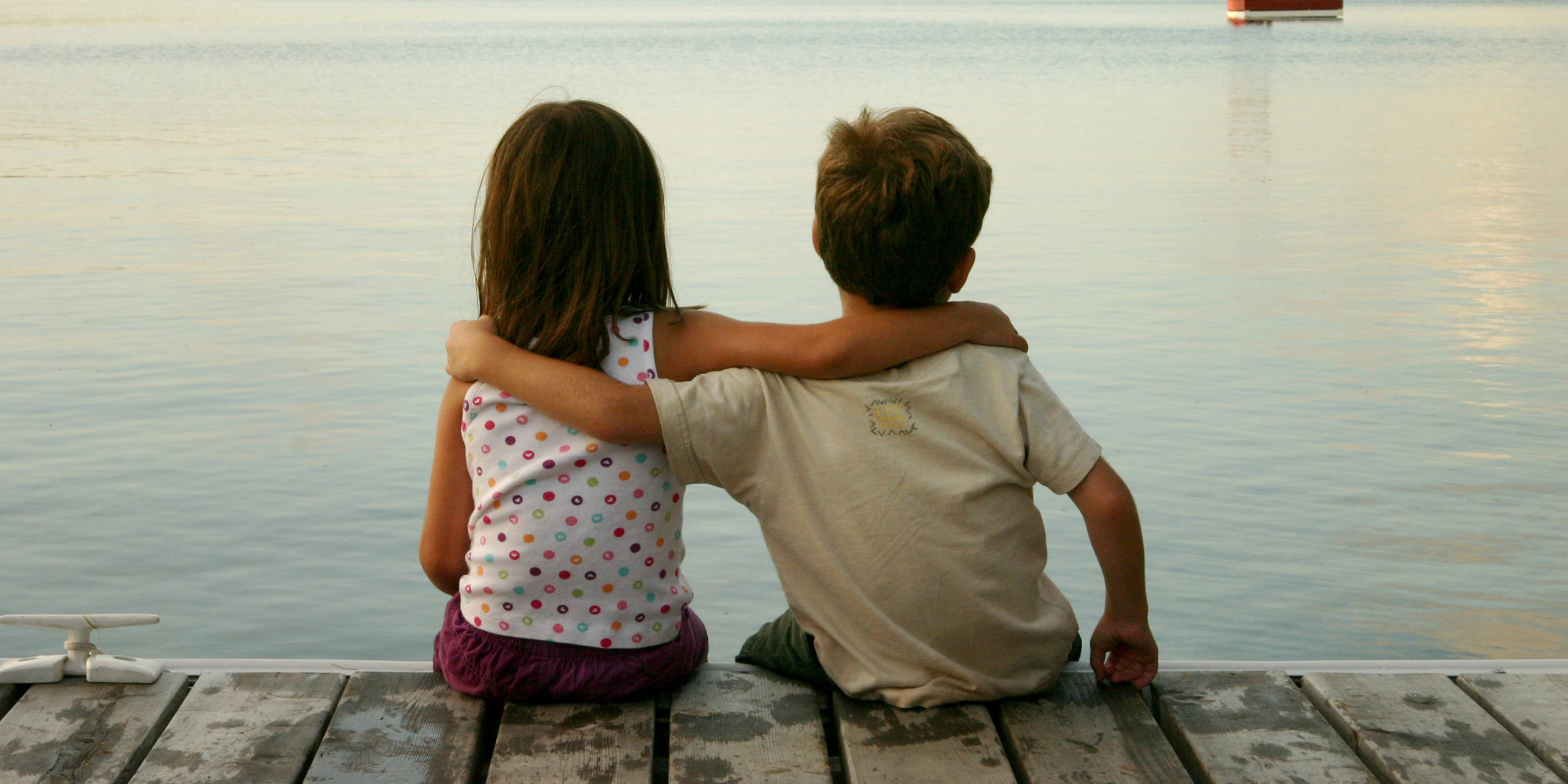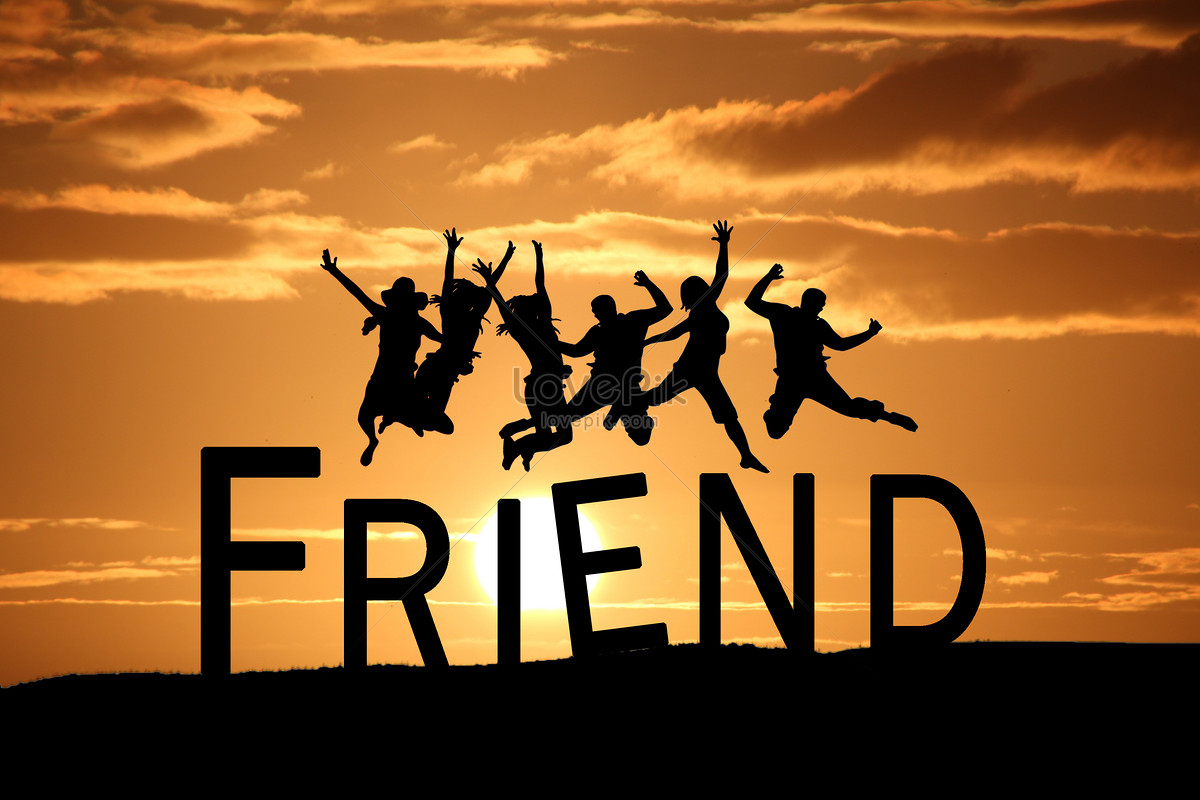When a bond of trust breaks, especially in a friendship, the hurt can feel incredibly deep. Friendship, as we often know it, is a relationship of mutual affection between people, a stronger form of interpersonal connection than just an acquaintance. It makes life more enjoyable and truly enriches our everyday experiences. Yet, when that special connection, built on enduring affection, esteem, intimacy, and trust, faces betrayal, it feels like a piece of your world shifts.
This profound sense of disappointment and pain is, you know, something many of us face. We often look for words that capture what we're feeling, perhaps some friendship quotes about betrayal. These sayings can sometimes offer a strange comfort, a sense that we are not alone in our sadness, or even a bit of clarity about what happened.
Finding friends can be challenging, but it's often achieved by approaching others with mutual respect, and over time, an increase in that mutual respect and the degree of reciprocity truly builds up and strengthens the bond. So, when betrayal happens, it's not just a minor upset; it's a crack in something very precious, something that enriches your mind, body, and soul.
Table of Contents
- The Deep Ache of Friendship Betrayal
- Understanding the Many Faces of Betrayal
- Wisdom in Words: Friendship Quotes on Betrayal
- Moving Forward: Healing After the Hurt
- Finding Strength in New Connections
- Frequently Asked Questions About Friendship Betrayal
The Deep Ache of Friendship Betrayal
Friendship, in its true meaning, is the state of being friends. It's an informal and freely established relationship based on mutual trust, unlike more structured bonds. So, when that trust is shattered, it creates a very distinct kind of hurt. It's not just disappointment; it's a deep ache, a sense of something precious being lost.
We rely on friends for support, for sharing secrets, and for just being there. A good friend, you know, is someone who offers meaningful connections. When someone you consider a close friend or even a best friend betrays that trust, it feels like a personal attack on your sense of security and belonging. It can make you question everything.
The impact of betrayal runs deep because friendship is important at every stage in life. It's about shared experiences, mutual respect, and a sense of intimacy. When that's gone, it leaves a void, and it's almost a shock to the system. It's like losing a part of the support system that makes life enjoyable.
This kind of pain is very real. It can affect your sleep, your mood, and your willingness to trust others in the future. It’s a bit like a wound that needs time and care to heal. The betrayal, in some respects, doesn't just damage the relationship; it can also damage your perception of other relationships.
Think about how much we invest in these bonds. We share our hopes, our fears, and our vulnerabilities. That level of openness makes the sting of betrayal incredibly sharp. It's not just an acquaintance; it's someone who knew your heart.
Understanding the Many Faces of Betrayal
Betrayal isn't always one thing; it can appear in many different forms. It's not always a grand, dramatic event. Sometimes, it's a quiet erosion of trust, a slow realization that someone you counted on isn't who you thought they were. This can be, you know, just as painful.
From a simple broken promise to a deliberate act of malice, each type of betrayal leaves its own mark. Understanding these different faces can help us process the hurt and, perhaps, even find a way to move forward. It helps to put a name to the feeling, in a way.
Friendship is categorized into four types: acquaintance, friend, close friend, and best friend. The deeper the category, the more profound the potential for hurt when betrayal happens. A betrayal from a best friend, for instance, typically feels much more devastating than from an acquaintance.
Broken Trust: The Core of the Wound
At its heart, betrayal is often about broken trust. This happens when a friend shares your secrets, spreads rumors, or goes back on their word. You confided in them, believing your thoughts and feelings were safe. That, you know, is the very foundation of intimacy in friendship.
When that trust is violated, it feels like a personal attack. It's a breach of the unspoken agreement that friends have. The feeling of being exposed or used can be very unsettling. It makes you wonder if you can ever truly trust anyone again, which is a rather common reaction.
This kind of betrayal can leave you feeling vulnerable and foolish for having trusted so deeply. It's a reminder that even the strongest forms of interpersonal bonds can, sometimes, be fragile. It's a hard lesson to learn, really.
Deception and Dishonesty: A Crushing Blow
Another painful form of betrayal comes through deception and dishonesty. This could be a friend lying to you repeatedly, manipulating situations for their own gain, or pretending to be someone they're not. It’s about a lack of integrity, which is a big deal in any relationship.
When you discover a friend has been dishonest, it can feel like the entire friendship was a lie. This kind of betrayal doesn't just hurt; it also creates confusion. You might question your own judgment, wondering how you could have been so blind, or perhaps so easily fooled.
This can be a very disorienting experience, making it hard to distinguish truth from falsehood in other interactions. It's a crushing blow to the idea of a genuine connection. It challenges the very essence of what a good friend is supposed to be.
Loyalty Tested: When Friends Turn Away
Sometimes, betrayal isn't an active malicious act but a passive one: a friend failing to stand by you when you needed them most. This could mean them abandoning you in a difficult situation, choosing someone else over you, or simply not defending your name. Sean and Sarah's friendship blossomed into love, but what if one had chosen another? That kind of shift, in a way, tests the limits of loyalty.
This type of betrayal can feel like a deep abandonment. You expect your friends to be your allies, your supporters. When they aren't, it leaves you feeling isolated and alone, almost as if you're stranded. It's a quiet kind of hurt, but it's very potent.
It highlights the importance of reciprocity in friendships. Over time, an increase in mutual respect and the degree of reciprocity builds up and strengthens these bonds. When that reciprocity isn't there in a moment of need, it can feel like a profound betrayal of the unspoken contract of friendship.
Wisdom in Words: Friendship Quotes on Betrayal
When you're hurting, finding words that resonate can be a powerful thing. Friendship quotes about betrayal can offer a sense of validation, a feeling that someone else has walked this painful path before you. They provide a mirror to your emotions, letting you know you're not alone in your struggle.
These quotes often capture the raw emotion of disappointment, the shock of broken trust, and the difficult process of moving on. They can be a source of comfort, a gentle reminder that what you're feeling is valid, and that healing is possible. Sometimes, a simple phrase can, you know, just hit differently.
For instance, "It is easier to forgive an enemy than to forgive a friend." This quote, in a way, speaks to the unique pain of friendship betrayal. Or, "Some people are not loyal to you, they are loyal to their need of you. Once their needs change, so does their loyalty." This one, very clearly, offers a stark perspective on some relationships.
Another one might be, "The worst pain in the world goes beyond the physical. Even further beyond any other emotional pain, it is the betrayal of a friend." This truly captures the depth of the wound. These words, in some respects, help us articulate the inexpressible.
Reading these quotes can help you process your feelings, allowing you to acknowledge the hurt without letting it consume you. They can also offer a bit of wisdom, perhaps even helping you identify signs of a bad friend in the future. It's a way to gain perspective, basically.
Moving Forward: Healing After the Hurt
Healing from friendship betrayal is a process, not a single event. It takes time, patience, and a lot of self-compassion. There's no fixed timeline for recovery, and everyone's journey is different. But, you know, moving forward is possible.
It involves several steps, from acknowledging the pain to perhaps even considering forgiveness. It's about rebuilding your inner strength and learning to trust yourself again. This is a very personal path, and it’s okay if it feels a little messy sometimes.
Remember that good friendships are important at every stage in life. Learning to navigate the aftermath of betrayal helps you appreciate the true essence of bonds, trust, and companionship even more. It’s a tough lesson, but it can make you stronger.
Acknowledging the Pain
The first step in healing is to simply acknowledge the pain. It's okay to feel sad, angry, confused, or even numb. Don't try to suppress these emotions. They are a natural response to a significant loss. This is, you know, a very important part of the process.
Allow yourself to grieve the loss of the friendship and the trust that was broken. This might involve crying, talking to someone you trust, or writing in a journal. Giving yourself permission to feel what you feel is a very crucial step.
Trying to ignore the pain will only prolong the healing process. It's like trying to put a band-aid on a deep wound; it won't really help. Acknowledging it is, arguably, the bravest thing you can do.
Setting Boundaries and Protecting Your Heart
After betrayal, it's really important to set clear boundaries, especially if the person who betrayed you is still in your life. This means deciding what you are and are not willing to accept in your relationships going forward. Protecting your heart is, in a way, a form of self-care.
These boundaries might involve limiting contact, or completely cutting ties if necessary. It's about safeguarding your emotional well-being. You deserve to feel safe and respected in your friendships, and this is a very fundamental right.
Learning to say "no" or to step back from situations that feel unhealthy is a powerful tool. It's about recognizing your worth and ensuring that your future relationships are built on a foundation of mutual respect and genuine trust. This is, basically, about taking control.
The Path to Forgiveness (or Acceptance)
Forgiveness is a very personal choice, and it's not always about excusing the other person's actions. Often, it's about releasing yourself from the burden of anger and resentment. This can be a really challenging step, and it's okay if it takes a long time.
Sometimes, forgiveness isn't possible or even advisable. In those cases, acceptance becomes the goal. Acceptance means acknowledging what happened, understanding its impact, and choosing to move forward without the need for reconciliation or continued anger. It's about finding peace for yourself.
This process is for your own healing, not for the person who caused the hurt. It's about freeing yourself from the emotional chains of the past. It’s a very empowering act, actually. You can learn more about friendship on our site, which often touches on the importance of trust.
Rebuilding Trust: If and When
For some friendships, rebuilding trust might be an option, but it requires significant effort from both sides. The person who betrayed you must genuinely show remorse and commit to changing their behavior. Trust, once broken, is very difficult to restore.
This process involves open communication, consistent positive actions, and a lot of patience. It's a slow climb, and there's no guarantee it will work. Sometimes, the damage is just too great, and that's okay too. It's a decision that really needs careful thought.
It's important to be realistic about whether the friendship can truly recover. Not all broken bonds can be mended, and that's a tough truth to accept. Your well-being should, ultimately, be the priority.
Finding Strength in New Connections
After experiencing betrayal, it's natural to feel hesitant about forming new friendships. However, isolating yourself can hinder your healing. Remember, good friendships are important at every stage in life, and they can enrich your mind, body, and soul.
Start slowly, allowing yourself to meet new people and build connections based on new foundations of trust. It's about being open to the possibility of positive relationships without rushing into deep intimacy. This is, you know, a very gradual process.
Seek out individuals who demonstrate qualities you value: honesty, integrity, and genuine kindness. Trust your instincts, and allow new friendships to grow organically. There are, after all, Discover 32 fascinating facts about friendship that reveal the true essence of bonds, trust, and companionship. You can find more insights here.
Building new connections can help you realize that not everyone will betray your trust. It can restore your faith in the power of human connection and remind you that there are many good people out there. This can be a very refreshing experience.
It's about finding people who will truly enrich your life, who offer mutual affection and respect. This is a vital part of moving forward and creating a happier, more fulfilling social life. It's a journey, but it's one worth taking.
Frequently Asked Questions About Friendship Betrayal
How do you deal with a friend's betrayal?
Dealing with a friend's betrayal involves several steps. First, allow yourself to feel the emotions of hurt, anger, or sadness; don't bottle them up. Talk to someone you trust, like another friend or family member, to process your feelings.
Next, set clear boundaries with the person who betrayed you, which might mean limiting contact or ending the friendship. Focus on self-care activities that help you heal, like exercise, hobbies, or spending time in nature. Remember, your well-being is very important.
Consider whether forgiveness is something you want to pursue, understanding it's for your peace, not necessarily for reconciliation. Finally, be open to forming new, healthier connections over time.
What are some signs of a bad friend?
A bad friend often shows signs of disrespect or a lack of genuine care. They might consistently put you down, rather than building you up. They could also be unreliable, always letting you down when you need them most.
Another sign is a lack of reciprocity; the friendship feels one-sided, with them taking more than they give. They might also be overly critical, jealous of your successes, or reveal your secrets to others. Such behavior is, you know, a clear red flag.
Dishonesty, manipulation, or a tendency to gossip about you behind your back are also strong indicators. A good friend, by contrast, is often about meaningful connections, based on mutual trust and support.
Can a friendship recover after betrayal?
Sometimes, a friendship can recover after betrayal, but it's very challenging and not always possible. Recovery truly depends on the nature of the betrayal, the remorse shown by the person who caused the hurt, and both parties' willingness to work on it.
The betrayer must acknowledge their actions, express genuine regret, and commit to earning back trust through consistent, positive behavior. The betrayed person needs to be willing to consider reconciliation, which means letting go of resentment over time. It's a very long road.
Open and honest communication is absolutely vital throughout the process. However, if trust cannot be rebuilt, or if the betrayal was too severe, it's okay to accept that the friendship may not recover. Your peace of mind, ultimately, matters most.



Detail Author:
- Name : Claire Hermiston
- Username : alvena97
- Email : koelpin.meagan@gmail.com
- Birthdate : 1973-06-19
- Address : 279 Greta Squares East Darrell, ID 88342-3977
- Phone : +1-714-706-1286
- Company : Schinner, Hamill and Mohr
- Job : Probation Officers and Correctional Treatment Specialist
- Bio : Mollitia commodi sapiente autem consequatur et et voluptas. Veniam voluptas et quis quisquam omnis. Deserunt eaque fugit quas nisi ut enim pariatur.
Socials
linkedin:
- url : https://linkedin.com/in/stokes1992
- username : stokes1992
- bio : Veritatis ut magni unde dolor.
- followers : 6164
- following : 719
twitter:
- url : https://twitter.com/lenora.stokes
- username : lenora.stokes
- bio : Reprehenderit qui aspernatur minus impedit et aliquam. Est a similique velit corrupti quia facilis quia. Aut esse eum delectus a numquam.
- followers : 5002
- following : 2169